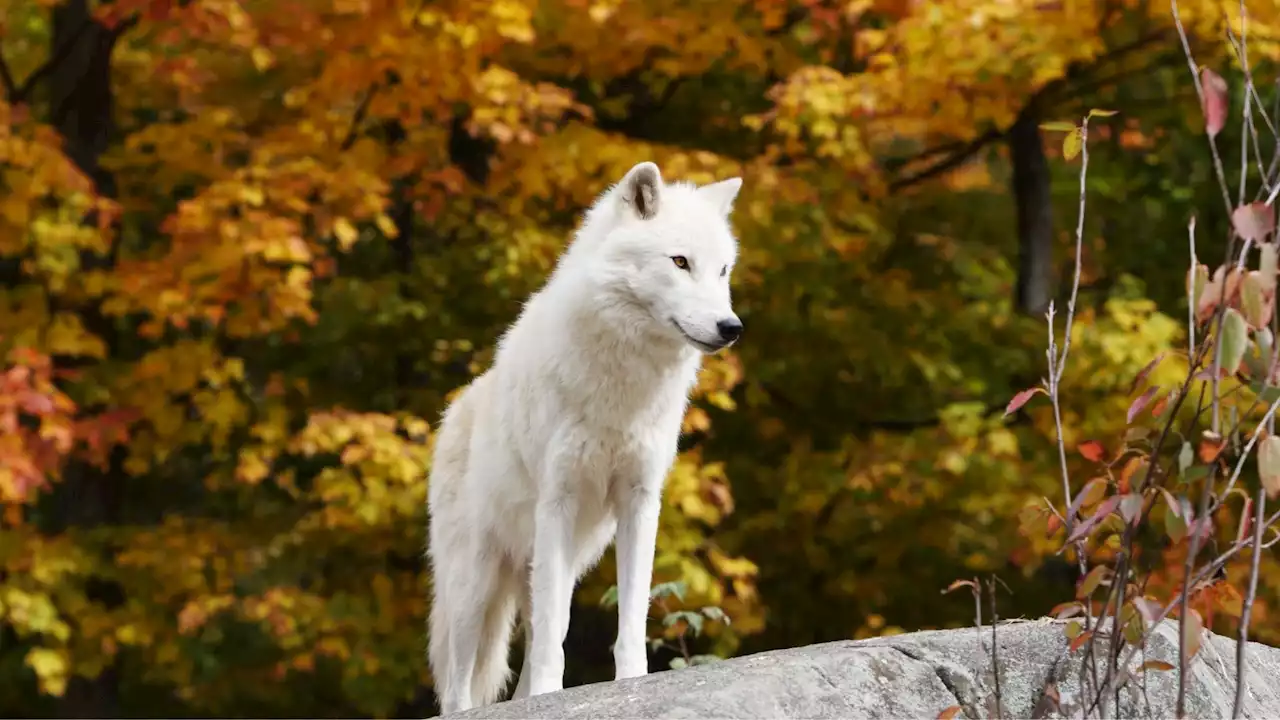She is quite healthy and playful.
The 1930s saw the demise of the last marsupial known as the thylacine. The team claims that the extinct thylacine may be revived with the use of stem cells and gene-editing technologies, and the first one might be "reintroduced" to the wild in the next ten years.
This time, thanks to Beijing-based Sinogene Biotechnology Co, an arctic wolf -named Maya- was successfully cloned. This successfulMaya, originally from the High Arctic tundra of Canada's Queen Elizabeth Islands, was created through the same technique behind Dolly the Sheep, the first mammal, cloned in Scotland in 1996.
"To save the endangered animal, we started the research cooperation with Harbin Polarland on cloning the Arctic wolf in 2020. After two years of painstaking efforts, the Arctic wolf was cloned successfully.
